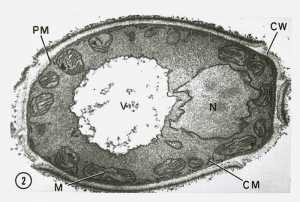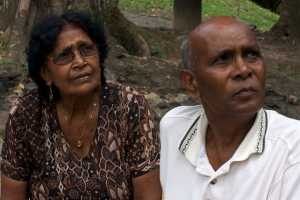Aging, Alzheimer's - Dementia, Author Interviews / 27.07.2018
Plasma Component Investigated To Reverse Age-Related Cognitive Disorders
MedicalResearch.com Interview with:
 Ian Gallager, MS
Scientist at Alkahest Inc.
San Francisco Bay Area
MedicalResearch.com: What is the background for this study?
Response: Our research is aimed to develop novel therapeutics for age-related disorders from fundamental understandings of blood plasma. This expands upon work initially performed in the Wyss-Coray lab at Stanford utilizing a model of parabiosis. By surgically conjoining the blood supplies between a young and aged mouse, they established that beneficial effects were observed in the aged mouse brain, suggesting that there are proteins in young blood which have enhancing properties.
The research presented at AAIC was the culmination of several years of model and dosing paradigm development utilizing both human plasma and a proprietary fractionated plasma product leading to advances for clinical application.
(more…)
Ian Gallager, MS
Scientist at Alkahest Inc.
San Francisco Bay Area
MedicalResearch.com: What is the background for this study?
Response: Our research is aimed to develop novel therapeutics for age-related disorders from fundamental understandings of blood plasma. This expands upon work initially performed in the Wyss-Coray lab at Stanford utilizing a model of parabiosis. By surgically conjoining the blood supplies between a young and aged mouse, they established that beneficial effects were observed in the aged mouse brain, suggesting that there are proteins in young blood which have enhancing properties.
The research presented at AAIC was the culmination of several years of model and dosing paradigm development utilizing both human plasma and a proprietary fractionated plasma product leading to advances for clinical application.
(more…)
 Ian Gallager, MS
Scientist at Alkahest Inc.
San Francisco Bay Area
MedicalResearch.com: What is the background for this study?
Response: Our research is aimed to develop novel therapeutics for age-related disorders from fundamental understandings of blood plasma. This expands upon work initially performed in the Wyss-Coray lab at Stanford utilizing a model of parabiosis. By surgically conjoining the blood supplies between a young and aged mouse, they established that beneficial effects were observed in the aged mouse brain, suggesting that there are proteins in young blood which have enhancing properties.
The research presented at AAIC was the culmination of several years of model and dosing paradigm development utilizing both human plasma and a proprietary fractionated plasma product leading to advances for clinical application.
(more…)
Ian Gallager, MS
Scientist at Alkahest Inc.
San Francisco Bay Area
MedicalResearch.com: What is the background for this study?
Response: Our research is aimed to develop novel therapeutics for age-related disorders from fundamental understandings of blood plasma. This expands upon work initially performed in the Wyss-Coray lab at Stanford utilizing a model of parabiosis. By surgically conjoining the blood supplies between a young and aged mouse, they established that beneficial effects were observed in the aged mouse brain, suggesting that there are proteins in young blood which have enhancing properties.
The research presented at AAIC was the culmination of several years of model and dosing paradigm development utilizing both human plasma and a proprietary fractionated plasma product leading to advances for clinical application.
(more…)










